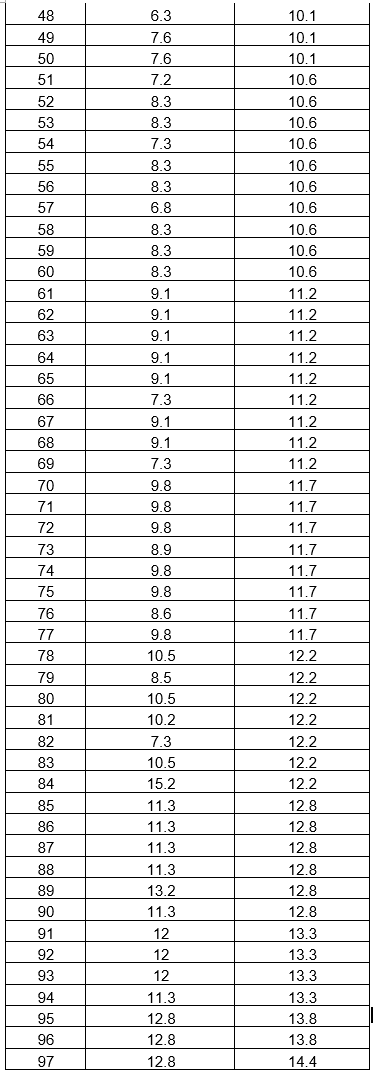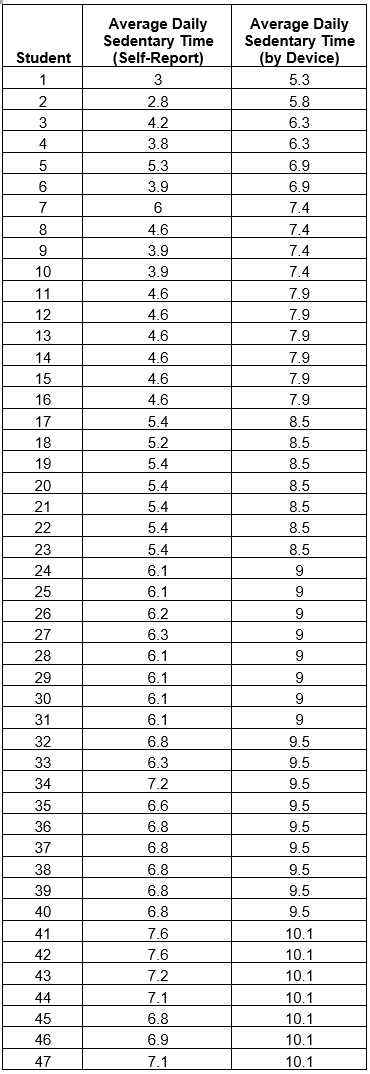Question
The COVID-19 pandemic had changed the working lifestyle of many people. Work-fromhome policy had caused most workers to be more sedentary. We sit hours and


The COVID-19 pandemic had changed the working lifestyle of many people. Work-fromhome policy had caused most workers to be more sedentary. We sit hours and hours in front
of our computers and often in less than ideal postures. Anyone with a common sense will
know this is going to affect our health. In fact, it will shorten our life quite substantially!
According to a longitudinal study, sedentary lifestyle is linked to double mortality risk
(European Society of Cardiology, 2019).
Therefore, no one can dispute the fact that exercising is beneficial to health. The question is
how much exercise is considered enough? It turns out that medical and fitness experts
provided a wide range of answers. The HealthXchange.sg had provided a tip on this based on
the guidelines from the World Health Organisation. It mentioned that 'adults should do at
least 150 minutes of moderate-intensity aerobic physical activity a week.' (Chumari, n.d.)
However, a recent article in The New York Times (Reynolds, 2020) reported that '11 minutes
of exercise a day may help counter the effects of sitting'. Of course, the sweet spot is about 35
minutes of moderate activities per day. The interesting point to note is there was a similar
research done in 2016 and the recommendation was 60 to 75 minutes of moderate exercise
per day (University of Cambridge, 2016). So, why was there such a large different given that
it was similar research?
It turns out that the difference is in the methodology of data collection (Reynolds, 2020). In
the 2016 research, people were asked to recall their activity and sedentary time.
Unfortunately, humans are unreliable in narrating their life. They tend to overestimate their
physical activity and underestimate their sedentary time. In the 2020 research, many authors
of the 2016 reviews decided to repeat the study but with the participants wearing activity
monitors. This research provided a more accurate result which was drastically different from
the earlier report.
Being a sharp student in Statistics, you picked up on the important point of accurate data
collection methodology. You decided to try it out on your course mates. Initially, you have
asked 100 course mates to give an estimate of their average sedentary time in a day.
Thereafter, you asked them to wear an activity monitoring device and calculated their average
daily sedentary time objectively. The recordings were found in the dataset provided.
Question 1 Examine how humans tend to report their sedentary time by using the data given and applying at least two (2) inferential statistical methods. You are expected to produce relevant statistical reports using Excel, describe and interpret the results obtained, and make inference to the research objective. You are also required to discuss and verify the assumptions you need for the analysis.
Question 2 (a) Identifying three (3) statistical concerns pertaining to the approach you used. If you have a free hand to study this research question again starting from data collection to analysis, explain how you would approach it?
Question 2 (b) The Business Head of Programme came to know about your research and is very interested to find out more. Summarise your analysis in a simplified report to address the concern.
Data set given:



Step by Step Solution
There are 3 Steps involved in it
Step: 1

Get Instant Access to Expert-Tailored Solutions
See step-by-step solutions with expert insights and AI powered tools for academic success
Step: 2

Step: 3

Ace Your Homework with AI
Get the answers you need in no time with our AI-driven, step-by-step assistance
Get Started


